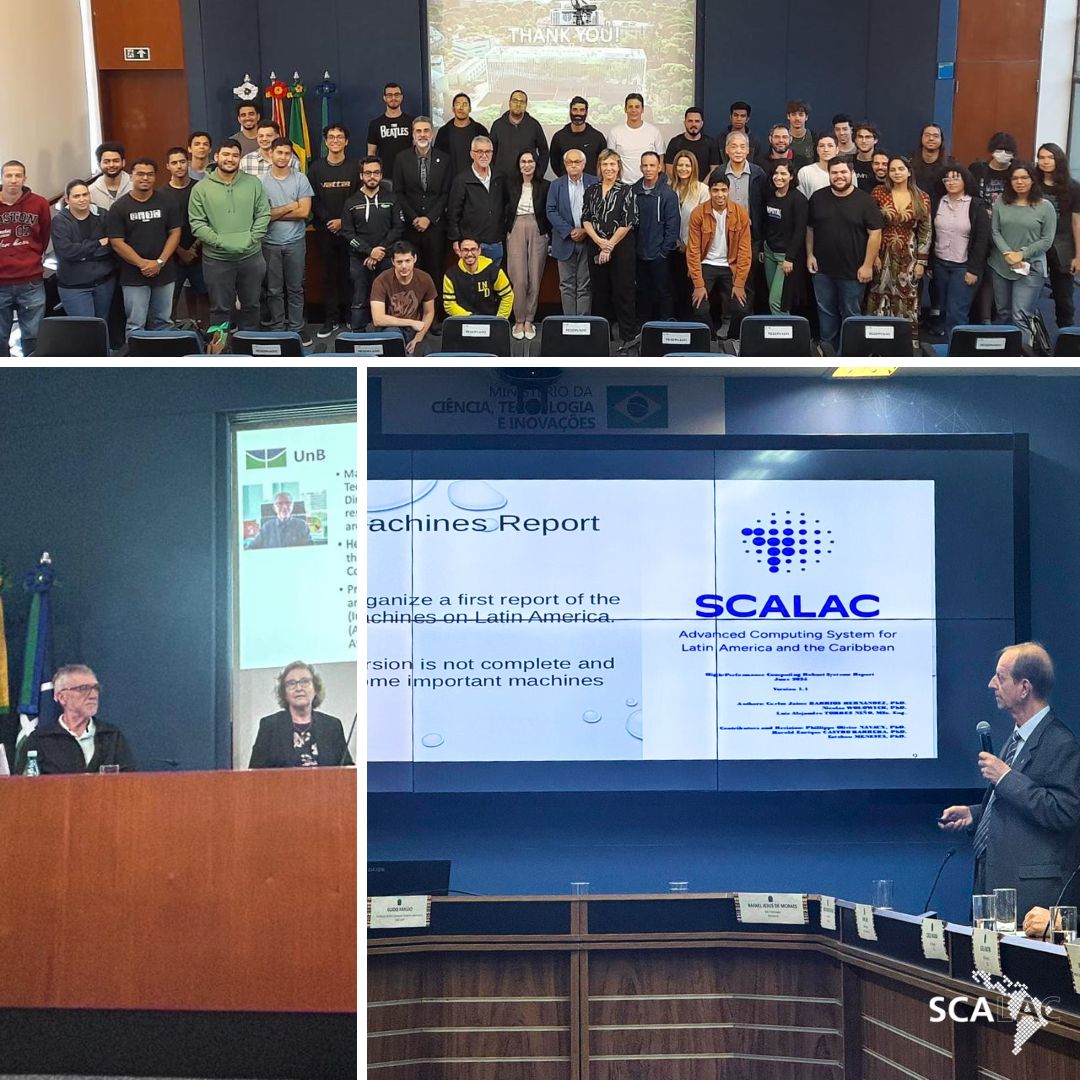In a significant step towards expanding international cooperation in the field of supercomputing, Brazil's National Laboratory for Scientific Computing (LNCC) and the Barcelona Supercomputing Center (BSC-CNS) have signed a Memorandum of Understanding. This agreement, signed in the presence of Minister Luciana Santos and leaders of both institutes, aims to foster knowledge exchange and collaboration on innovative research projects.
The signing ceremony took place at the Ministry of Science, Technology, and Innovation (MCTI) on July 25, with prominent representatives from the scientific community of both countries in attendance. Fábio Borges, Director of LNCC, and Mateo Valero, Director of BSC, highlighted the importance of this agreement as a bridge between Latin America and Europe for high-performance computing research.
Also participating in the event was Philippe Navaux, President of SCALAC and academic at the Federal University of Rio Grande do Sul in Brazil. Invited by the Brazilian government, Navaux delivered a lecture on SCALAC's achievements in the region, emphasizing the importance of international collaboration in scientific advancement.
Carla Osthoff, responsible for education and outreach at SCALAC and a high-performance computing specialist at LNCC, commented that the collaboration with BSC opens new oportunities for LNCC, enabling it to further promote and develop research in the fundamental layers of scientific computing.
This partnership marks an important milestone for the advancement of scientific research in both countries and reinforces the institutions' commitment to developing a solid foundation for the future of science and technology.





